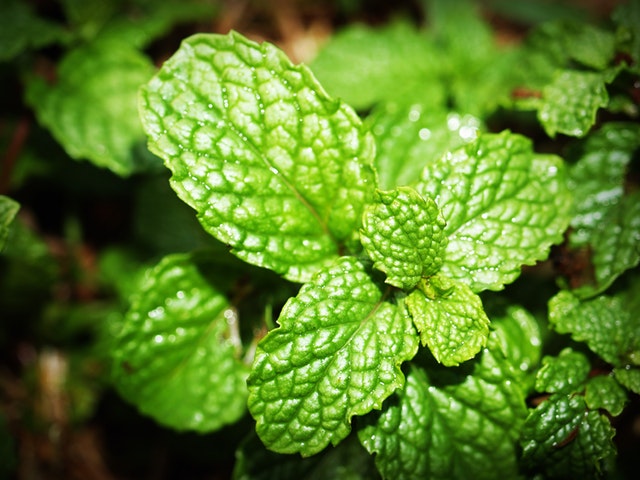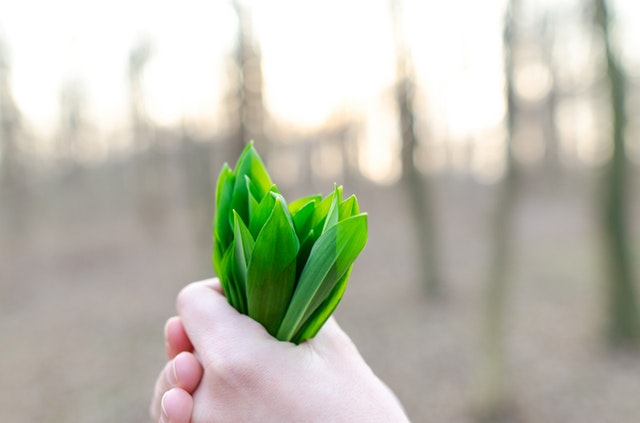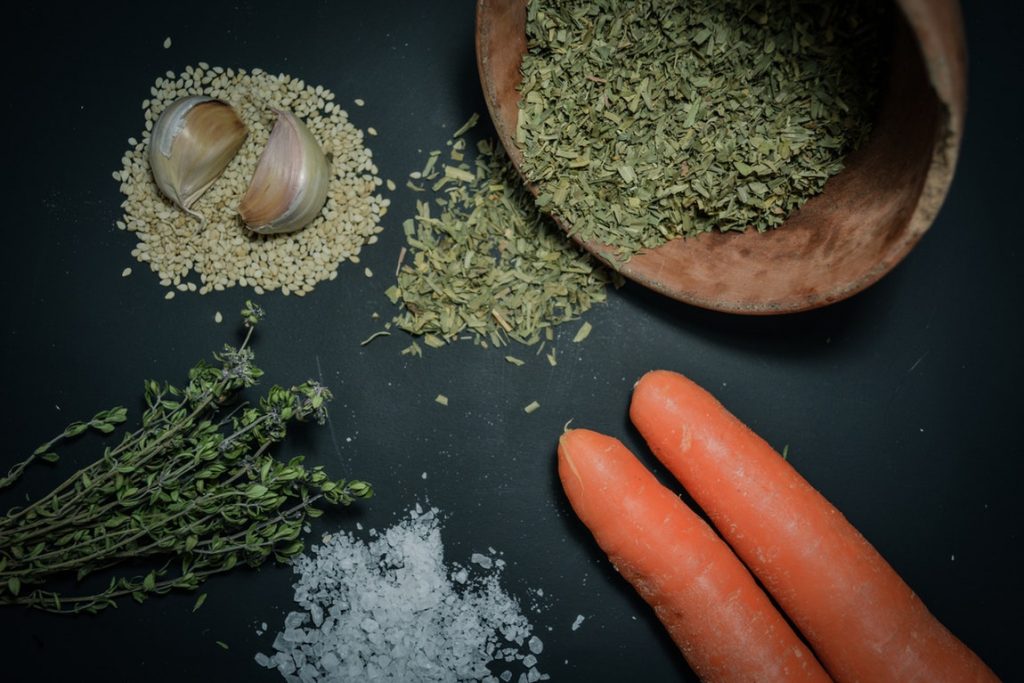Those herbs you planted the spring have maxed out your expectations, and today you’re searching for a number of suggestions, so they’re not wasted. Herbs are some versatile plant life that you can surround yourself with organic products throughout the season-long when you have discovered how to protect them.
Make potpourris from scented herbal plants to perfume your drawers and also add fragrant organic oils to your water. Give gifts of your organic soaps and candles. Use dried herb plans to spruce up your home. Use herbs in the home to your cooking and baking, and also create herbal vinegar and jellies. The applications are as limitless as your own personal imagination.
One of the primary regulations of harvesting your herbs for usage is usually to clip them in the early morning, just after the dew has dried out, but before the sunshine has warmed them.

You will find two reasons that are legitimate for this: the fragrant and flavorful essential oils shed their quality with the heating of the sun, and although there’s absolutely nothing wrong with dew, wet leaves call for more drying time.
No requirement to be as cautious in case you’re planning to work with the herbs fresh. Simply pick them when you need them.
Pick your herbs with razor-sharp scissors or maybe a sharp blade, and also cut an entire stem, not merely the leaves. With small-leaved perennials as thyme, oregano, and rosemary, save only the dried foliage and ignore the stems. Make use of the exterior stems and leaves initially with herbs, which dispersed from a central point as parsley.
With bushy plants as basil, clip sprigs in the roof of the vegetable, and new development can come from below. Leave your herbal plants unwashed until right before you wear them, or even in case they’re clean, you might not have to clean them at all. And while we’re at it, it also helps a lot to broaden your understanding on hydroponics in NZ. You will certainly learn a lot.
When you intend to drying herbal plants, bundle them, and hang them to dry in a great dark, well-ventilated area. Many herbs are going to keep their characteristic taste and aroma when dried properly. Choose only the very best quality foliage as well as blossoms, and eliminate any wilted or perhaps old leaves.
Make your herb bundle about an inch in diameter, loop it with a rubber band or even connect it with string, and hang it upside down. If the bundle of herbs is crispy dried out, take away the leaves from the stem, then store them in a light-proof container.
You are able to dry your herbs in the oven additionally. Set your oven at eighty to hundred degrees Fahrenheit. Any hotter and the essential oils are going to start to disperse. Distribute one level of herbs on paper towels on a baking sheet. Stir the foliage occasionally. It should have from three to six hours to dry out them, though fleshy leaves usually take longer. If you have a dehydrator, simply follow exactly the same directions.
Another technique of protecting your harvested herbs for wintertime consumption is freezing them. In case you intend to make use of them in stews and sauces, chop them in place before you pack them in freezer bags. This will help save a great deal of freezer space.
Be sure you label them since they’ll all appear similar when they’re chopped. When you wish to wear them, simply break off a section and place the rest returned in the freezer.

If your knowledge in using herbs that are fresh is limited, begin by using them in dishes that are easy that you currently make. Add fresh chives and parsley to scrambled omelets or even eggs. Fresh basil, cut finely, and also included at the conclusion of the baking time can give your tomato sauce a completely new taste.
Make a herb butter by beating cut herbs into softened butter, and then chilling it. A number of herbs to add to butter are mint, marjoram, chives, garlic, dill, as well as mixtures of these.
Use your freshly developed thyme, parsley, bay leaf, and chervil to create a bouquet garni to taste soups, sauces, and stews. Simply bundle them with a string, but take them off before serving.
Or perhaps mince up fresh basil, tarragon, marjoram, chives, and thyme to generate a’ fines herbs’ mixture to include the last minutes of cooking. Use freshly minced herbs like rosemary, sage, and thyme along with wine, vinegar, and oil as an overnight marinade for chicken or meat.
However, you choose to work with the herbs you develop; you are going to have the enormous satisfaction of knowing they’re ones you have grown and harvested.

